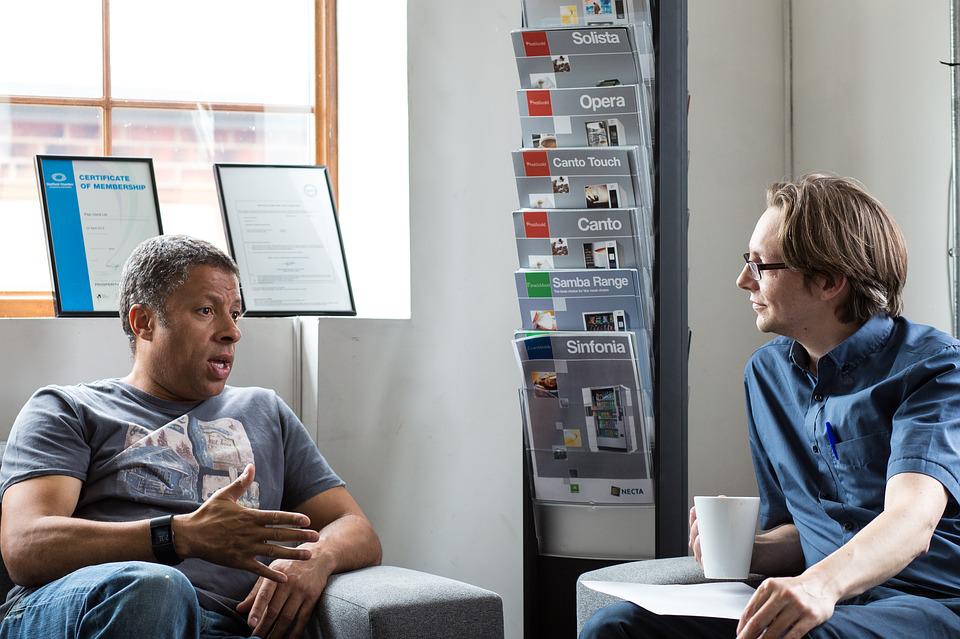As a qualitative research specialist, I have had the opportunity to interview people from almost every walk of life over the last 12 years. The most challenging of these, but definitely the most rewarding, and the interviews where I really learnt my trade, were during my time as a postdoctoral researcher at the National Addiction Centre, King’s College London.
Field interviews
For three years, I conducted field interviews with people who had multiple and complex needs – those with a long history of substance dependency, experiencing long-term housing and homelessness issues, a chequered past with the criminal justice system, and mental health challenges.
These interviews often took me to some deprived parts of greater London (those of you who know Southwark, Lambeth, and Lewisham – you know where I mean) and I would often hear harrowing stories of severe mental and physical health challenges, poverty, self-harm, and suicide attempts, all of which, could have had a lasting effect on me as a researcher.
Yet despite this, I never felt alone, unsafe, or emotionally vulnerable. We always followed a clear set of qualitative research practice guidelines that ensured not just my safety, but the safety and dignity of the participants also. These included regular check-ins with my line manager; always informing my line manager of the exact location and time of the interview; conducting interviews in view of other people; always contacting my line manager before and after I conducted an interview; and if I was conducting an interview with a woman, conducting the interview with a female colleague.

For the participant, we assured them confidentiality and anonymity, incentivised them as recognition for their time and insights, handled sensitive topics with care and dignity by being an active listener, and always signposted them to the Patient Advice and Liaison Service, an independent and confidential advice, support, and information helpline run by the NHS.
Avoiding unnecessary harm
Why did we do this? To make sure that we avoided the five main types of harm that can occur during qualitative research. These are:
- Psychological harm: People feeling upset, distressed, embarrassed, guilty, or impacting their self-confidence.
- Physical harm: While less frequent, physical harm could result as a consequence of the topic of conversation.
- Social harm: Negatively impacting the participants’ standing in the community or amongst their peers/social network.
- Economic harm: Participants incurring costs to take part in the interview (e.g. childcare or travel costs).
- Legal harm: People divulging information that breaks the law.
Understanding these harms is not always obvious, and sadly I often hear of research being conducted without due process and with little thought for the safety and security of the research or participant. This is arguably the case now more than ever as more and more interviews are conducted virtually.
ExperienceLab always operate to guarantee respect and dignity
Here at ExperienceLab, we have our own code of conduct that governs everything we do. It ensures the safety of the interviewer and participant at all stages and treats the interviewee with respect and dignity.
Some of our working practices include:
- Providing participant information sheets that clearly set out the goal of the research, why they have been invited to take part, their right to withdraw at any time without any consequences, and contact details of the research team should they have followed up questions.
- Following participant information sheets, we gain signed informed consent prior to starting the focus group or interview.
- Offering breaks, the opportunity for refreshments, and to reiterate their right to stop at any point if participants become distressed or overwhelmed.
- Giving participants a cash incentive as fair recognition of their time, experience, and knowledge. In accordance with best practice guidelines from the University of Oxford (BPG 05: Payments and incentives in research (ox.ac.uk)), we always make the participants explicitly aware that despite being incentivised, their participation remains voluntary and they can stop at any point.
- Following all GDPR guidelines which means that we only store data on encrypted and password protected devices for as long as necessary and never physically share data between devices.
- Pseudonymisation to protect the anonymity of the participant if we use any of their data in reports.
- Ensuring that verbatim quotes are used to preserve the integrity of the respondent. However, if a quote contains identifiable information, we will augment the quote enough to ensure anonymity is preserved while simultaneously making sure to not alter the meaning of the quote. A record of changes will be kept.

In conclusion…
It is only right that the outcomes of qualitative research should take centre stage, as that is why clients pay for research. However, the best research findings are always underpinned by a robust set of guidelines that ensure methodological rigour and safety in equal measure.
I would always advocate reading at least some literature before starting, but in the event that you are not able to, ask yourself the following questions:
- Are there any physical risks to the interviewer or interviewee?
- Is there any chance of psychological distress to the interviewer or interviewee?
- Is there a chance that confidentiality can be broken?
- Are there any social risks that may impact the interviewee’s relationships?
- Are there any legal risks that could result in law breaking activities?
If the answer is ‘yes’ to any of these, seek further advice on how to proceed. If you want to know more about ExperienceLab, our research, or how we operate, please get in touch with Dr Tom Parkman., ExperienceLab’s Senior Research Lead.
You can also read further blogs on research practices:
The art of mixed methods – ExperienceLab (experience-lab.com)



